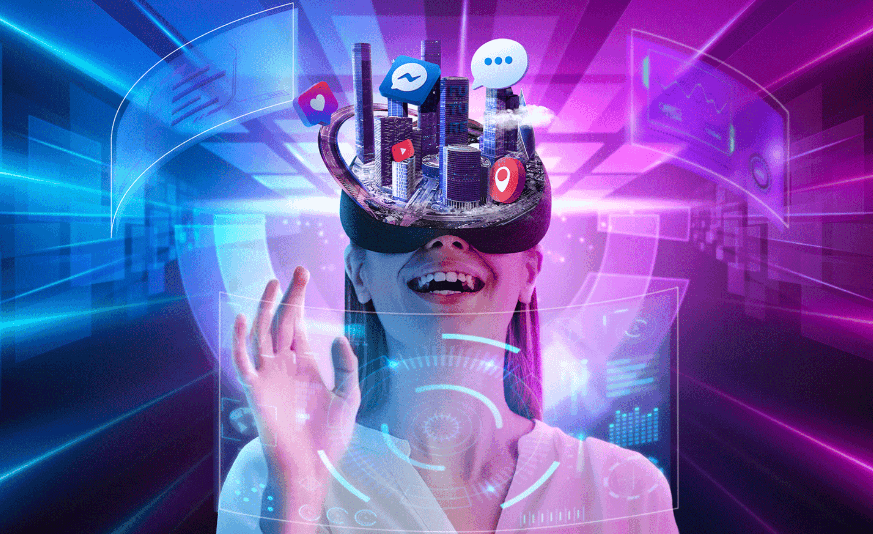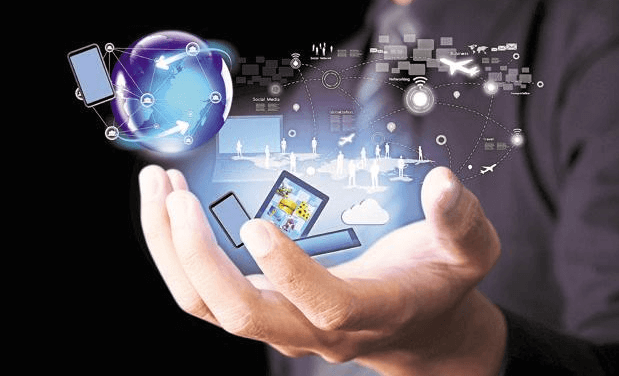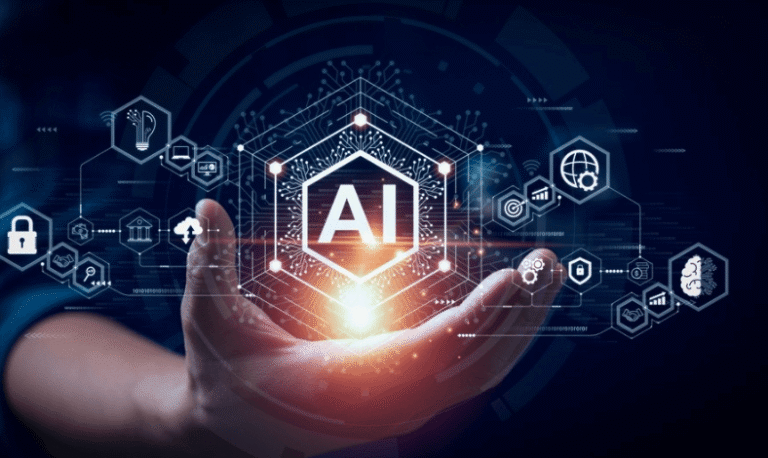Technology is no longer just a supporting tool—it has become the driving force of global progress. In 2025, innovations in artificial intelligence, 5G, cloud computing, blockchain, and green technology are transforming industries, societies, and our everyday lives. This article explores the top technology trends in 2025, their impact, and how they will shape the future.
Artificial Intelligence: The Brain Behind Modern Systems
Artificial Intelligence (AI) has evolved into one of the most powerful tools in the modern world.
- Healthcare: AI assists in medical imaging, early diagnosis, and robotic surgeries.
- Business: Predictive analytics and chatbots are improving customer experiences and saving costs.
- Daily Life: AI powers recommendations on YouTube, smart assistants like Siri, and even self-driving cars.
By 2030, AI could contribute over $15 trillion to the global economy, proving it is a key driver of innovation.
Cloud Computing: Fueling Remote Work and Scalability
The rise of cloud computing has changed the way businesses operate.
- Flexibility: Companies can scale resources on demand without major infrastructure costs.
- Collaboration: Tools like Google Drive, Slack, and Microsoft 365 enable real-time teamwork.
- Security: Cloud providers are investing in advanced encryption and backup systems.
Cloud adoption is growing rapidly as organizations embrace remote and hybrid work models.
Internet of Things (IoT): Smart Devices for a Smart World
The Internet of Things (IoT) connects billions of devices, creating smarter systems for homes, cities, and industries.
- Smart Homes: Voice-controlled assistants, automated lighting, and security cameras enhance convenience.
- Healthcare: Wearable devices track heart rate, sleep, and daily activity.
- Smart Cities: IoT sensors reduce energy waste, manage traffic, and monitor air quality.
By 2030, more than 30 billion IoT devices are expected to be in use worldwide.
Cybersecurity: Protecting Data in the Digital Era
With more reliance on technology comes greater vulnerability to cyber threats.
- AI-Enhanced Protection: Machine learning systems detect and stop threats in real time.
- Data Privacy: Regulations like GDPR push companies to secure personal information.
- User Responsibility: Multi-factor authentication and password managers reduce risks.
As cybercrime continues to grow, cybersecurity remains one of the most crucial aspects of technological advancement.
5G Networks: Speeding Up the Future
5G technology is redefining how the world connects.
- Ultra-Fast Speeds: Supports 4K streaming, immersive gaming, and instant downloads.
- Low Latency: Enables remote surgeries, autonomous vehicles, and advanced robotics.
- Industrial Applications: Factories are using 5G to improve automation and production efficiency.
5G is laying the foundation for innovations in healthcare, entertainment, and smart infrastructure.
Blockchain: Beyond Cryptocurrency
Although blockchain is best known for cryptocurrencies like Bitcoin, its applications go far beyond digital money.
- Finance: Secure, transparent, and decentralized transactions.
- Supply Chain: Tracks products from manufacturing to delivery with transparency.
- Healthcare: Protects medical records and ensures secure sharing of patient data.
Blockchain is also fueling Web3 technologies, giving rise to decentralized apps and smart contracts.
Green Technology: Innovation with Sustainability
As climate change concerns rise, technology is being used to build a sustainable future.
- Renewable Energy: Solar, wind, and hydropower adoption is accelerating globally.
- Electric Vehicles (EVs): Major companies are investing in cleaner and more efficient transportation.
- Smart Energy Management: AI and IoT optimize power consumption, reducing waste.
Green technology ensures that progress and sustainability go hand in hand.
Emerging Technologies to Watch
Several upcoming technologies have the potential to revolutionize industries in the next decade:
- Quantum Computing: Solves problems beyond the reach of traditional computers.
- Metaverse: Creates immersive virtual spaces for work, learning, and entertainment.
- Biotechnology: Advances in genetic engineering and personalized healthcare.
- Artificial General Intelligence (AGI): Machines capable of human-like reasoning and problem-solving.
These innovations will create new opportunities while raising fresh challenges for businesses and society.
Conclusion
The future of technology in 2025 is full of opportunities and challenges. From AI, cloud computing, IoT, and cybersecurity to 5G, blockchain, and green tech, every advancement is shaping a smarter, safer, and more sustainable world. At the same time, emerging innovations like quantum computing and biotechnology are set to redefine what’s possible.
For businesses, adopting these technologies is critical to staying competitive. For individuals, they promise better healthcare, smarter living, and enhanced connectivity. However, cybersecurity risks and ethical considerations must also be addressed.
In the end, technology is not just supporting our lives—it is redefining the future of humanity.



